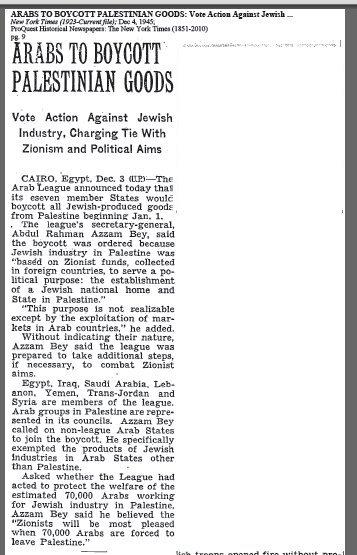Sixties Fan
Diamond Member
- Mar 6, 2017
- 58,727
- 11,130
- 2,140
The International Fencing Federation (FIE) did not do a thing to penalize him. He is still scheduled to compete in upcoming events.
Now, Alshatti is being honored by the Palestinian ambassador to Kuwait. He was presented with a commemorative gift as well as a souvenir and medal presented by the members of the Palestinian community in Kuwait to express their appreciation for his "heroic position."

The ceremony was held in front of the logo of the Kuwait Fencing Association and the International Fencing Federation.
Apparently, the FIE is fine with people politicizing its sport and its name.
(full article online )
Kuwaiti fencer who refused to compete against an Israeli honored; International Fencing Federation silent ~ Elder Of Ziyon - Israel News
Now, Alshatti is being honored by the Palestinian ambassador to Kuwait. He was presented with a commemorative gift as well as a souvenir and medal presented by the members of the Palestinian community in Kuwait to express their appreciation for his "heroic position."

The ceremony was held in front of the logo of the Kuwait Fencing Association and the International Fencing Federation.
Apparently, the FIE is fine with people politicizing its sport and its name.
(full article online )
Kuwaiti fencer who refused to compete against an Israeli honored; International Fencing Federation silent ~ Elder Of Ziyon - Israel News


